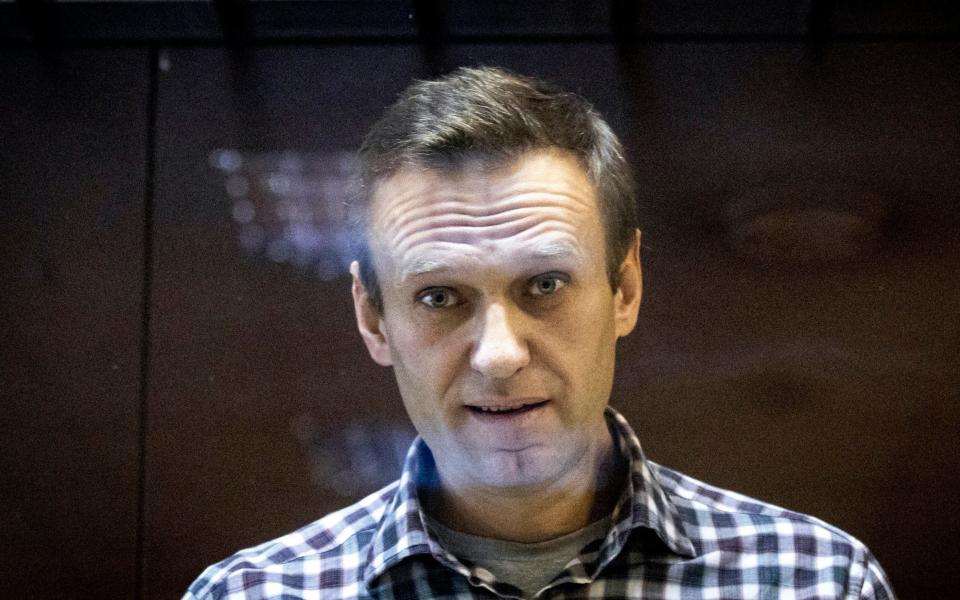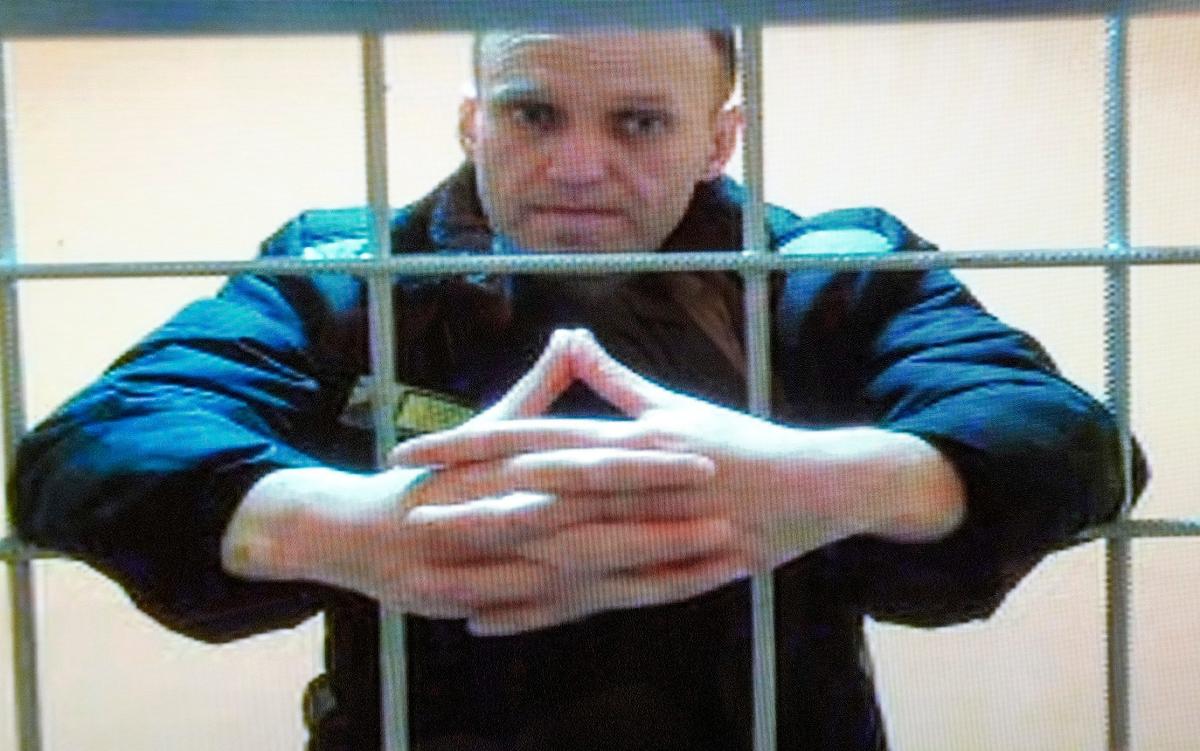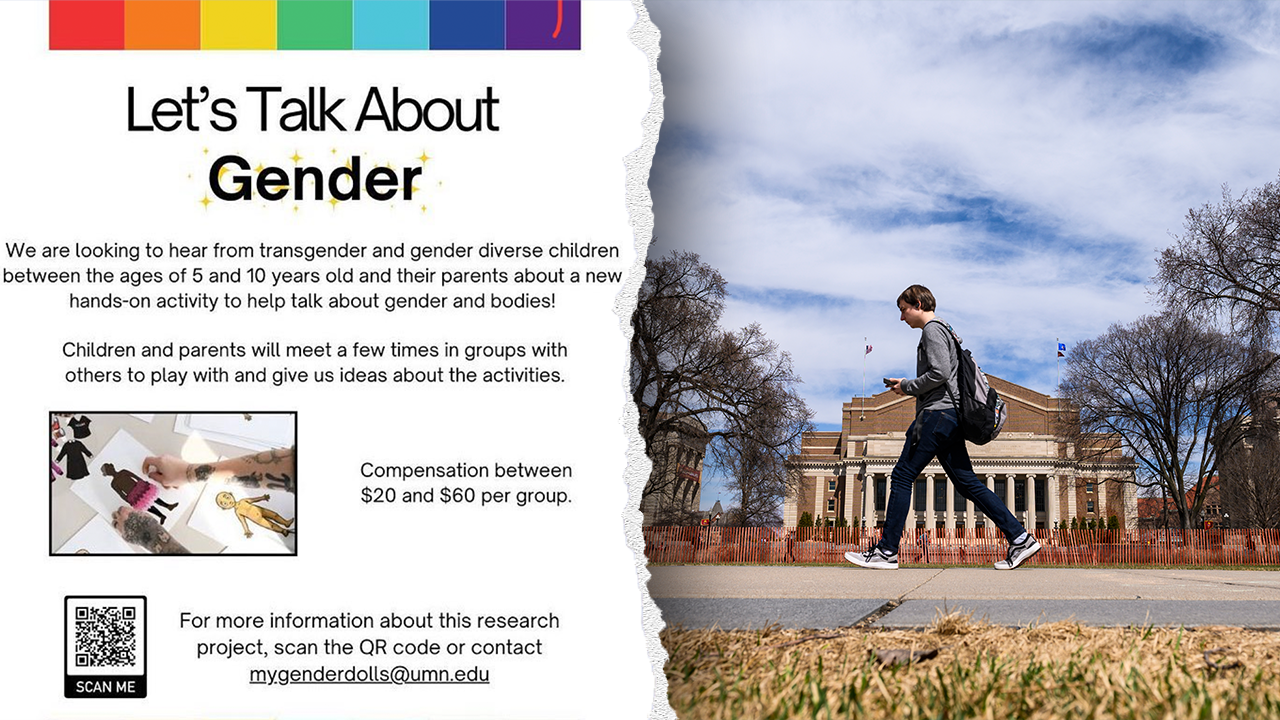The bruised body of Russian opposition leader Alexei Navalny has been found in a hospital morgue in the Arctic, two days after he died in a nearby prison.
A paramedic told Russian opposition media that there were bruises on Navalny’s head and chest when his body was brought into the Salekhard District Clinical Hospital.
“Such injuries, described by those that saw them, appear from seizures,” the unnamed paramedic told the exiled Novaya Gazeta newspaper.
“The person convulses, they try to restrain him, and bruises appear. They also said that he also had a bruise on his chest. That is, they still tried to resuscitate him, and he died, most likely, from cardiac arrest.”
Russian prison officials said that Navalny died on Friday after feeling ill during a short walk at IK-3, a notoriously brutal prison in the Russian Arctic.
Navalny’s mother failed to find his body at the morgue in Salekhard on Saturday and his colleagues at the Anti-Corruption Foundation accused the Russian authorities of a cover-up.

Reporters said that no autopsy had yet been performed on the body. They also said that two unscheduled flights from Moscow had landed on Saturday at Salekhard, possibly with autopsy specialists.
“The first jet landed at about six in the evening. It was met by cars of the Investigative Committee. And the second one arrived an hour and a half later,” Novaya Gazeta quoted an unnamed source as saying.
Navalny was Vladimir Putin’s most serious opponent. Western leaders have accused the Kremlin of murdering him. He was facing three decades in prison on various charges and had been transferred to IK-3 shortly before Christmas.
David Lammy, the shadow foreign secretary, said on Sunday that Putin should face war crimes for the death of Navalny.
“I’d like to see Putin in front of that special tribunal, held to account for all of his crimes, not just in Ukraine, but as we are seeing just in the last 48 hours in Russia as well,” he told the BBC’s Laura Kuenssberg programme on Sunday.
The sudden death of Navalny shocked liberal-minded Russians and triggered rare protests in Russia where demonstrations against the Kremlin are banned.
OVD-Info, a Russian activist group that monitors the Russian police, said that 400 people had now been detained across Russia, mainly for laying flowers for Navalny at memorials to Soviet repression.
Reports from across Russia said that the plain-clothes security services, often wearing surgical masks, were following people who had laid flowers. Different police forces appeared to respond differently with some blocking access to memorial sites and others tearing them down.
These were the biggest nationwide protests in Russia against the authorities since September 2022, when Putin ordered a mobilisation to recruit soldiers for his war in Ukraine.
Analysts said that the timing of Navalny’s death is important for the Kremlin which wants to use a presidential election next month to showcase support for Putin’s invasion of Ukraine two years ago.
Ben Noble and Nikolai Petrov, both Fellows on the Russia Programme at Chatham House, said that the death of Navalny had undermined Russia’s beleaguered, fragmented and exiled opposition.
“There is no obvious figure to take up the role that Navalny crafted for himself, of Vladimir Putin’s main opponent. There will be no Navalny 2.0 in the short-term, at least,” they said.

















Discussion about this post